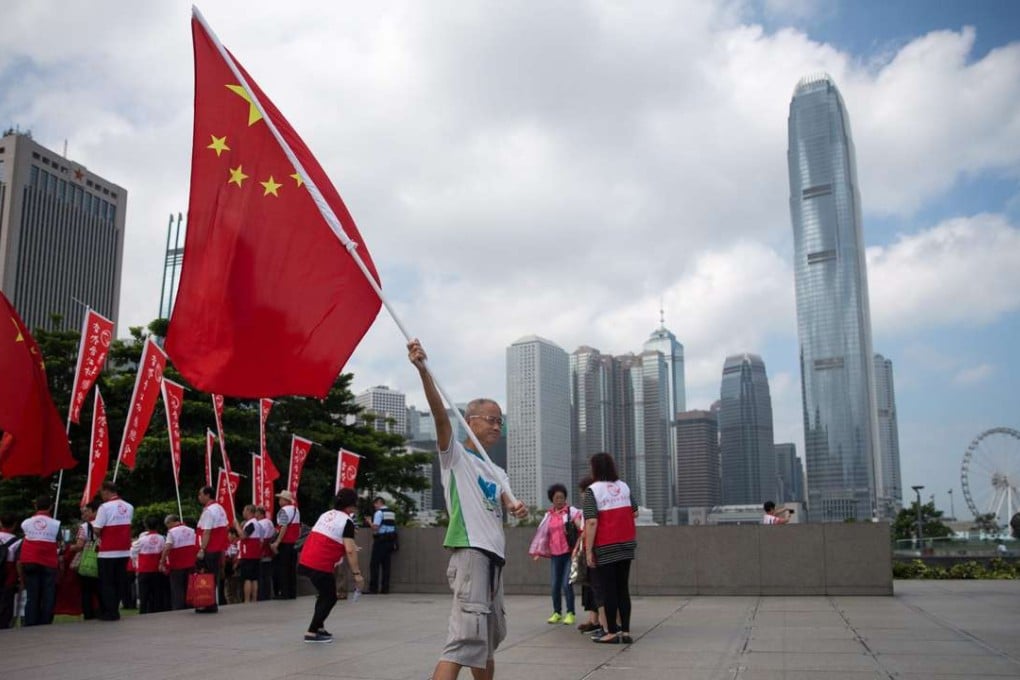Hong Kong needs a clear-eyed view of Beijing’s powers under the Basic Law
Alice Wu says the central government would not tolerate challenges to its sovereignty, and those pushing for change should carefully read Article 18 of our constitutional document


Hong Kong will pay a heavy price for yet another Basic Law interpretation
So far, at least six articles of the Basic Law have been raised by counsel at the judicial review – articles 104, concerning the oath-taking, and 2, 48, 72, 78 and 79. The Standing Committee can, at its discretion, interpret all of these articles, and some. The powers that be, rejected by the likes of Leung and Yau, are now flexing their muscles, exercising their legally entitled powers.
The worst that can happen is for the Standing Committee to issue an order applying the relevant national laws in Hong Kong
Words do matter, and we must reject those who use speech to trivialise and disrespect others, then try to escape responsibility for their careless words. At stake is a possible interpretation of all articles of the Basic Law pertaining to sovereignty, not just the oath-taking. Beijing has long ago framed the issue as such. We can delude ourselves by believing that the words used in its 2014 white paper mean little, or brace ourselves for the possibility that we may have to bear the consequences of two individuals taking their words too lightly.

Courting controversy in Hong Kong over the Legislative Council oath-taking fiasco
Here we are, a captive of dire circumstances. It may be time to learn the “Stockdale paradox”, named after the late James Stockdale, a US military officer held captive for nearly eight years during the Vietnam war. To survive an ordeal as he did, we can’t be blindly optimistic and must confront the reality of our situation, even the worst-case scenario. At the same time, we must not lose faith that we will pull through.
